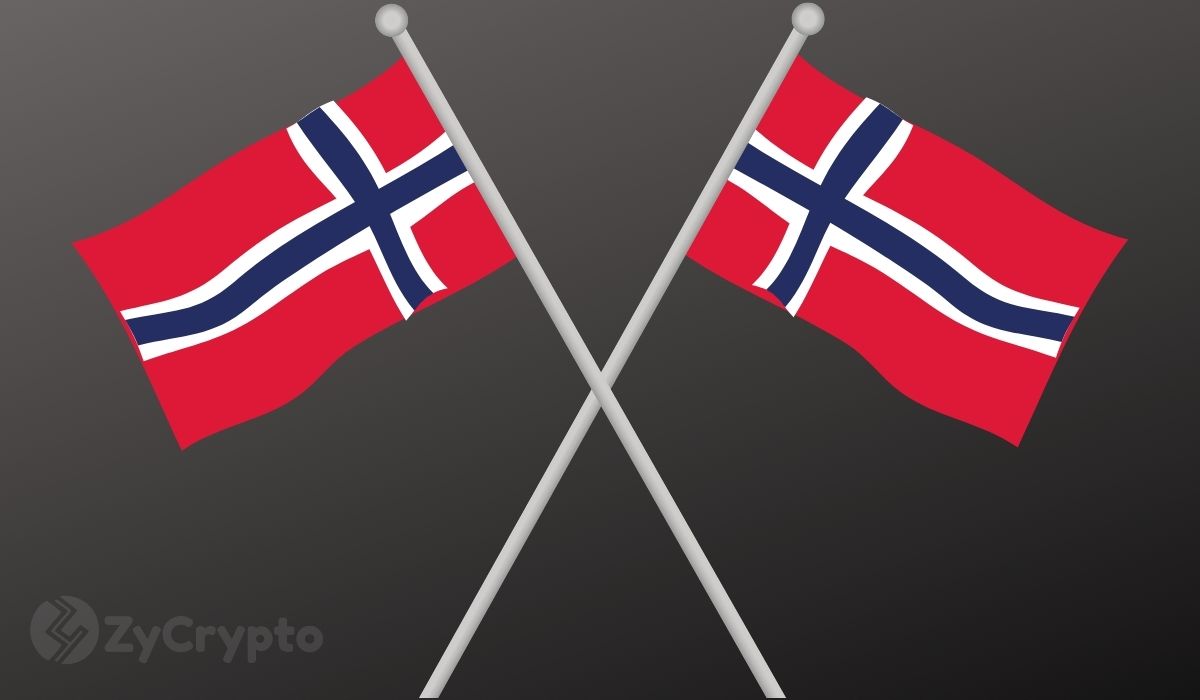Norway Implements New Tourist Tax for Sustainable Travel

Norway, globally celebrated for its breathtaking fjords, pristine wilderness, and enchanting northern lights, is implementing a significant new measure to safeguard its natural treasures from the increasing pressures of tourism. With international arrivals expected to exceed six million in 2025, and a record 38.6 million accommodation bookings in 2024, the Norwegian government is introducing a transformative tourist tax aimed at ensuring sustainable travel and supporting essential local infrastructure. This eco-conscious initiative seeks to mitigate environmental strain caused by overtourism, enhance public amenities, and ensure direct benefits for communities hosting visitors, positioning Norway as a leader in responsible tourism management.
Approved within a new legislative framework, the tourist tax is set to commence in the summer of 2026. Unlike a debated nationwide tax, this new measure empowers individual municipalities to apply a targeted three percent fee on overnight stays, which will be added to hotel bills and short-term accommodations like Airbnb rentals. Initially, day cruise passengers were not included in the tax proposal, but due to growing concerns over the environmental impact of cruise ships, this group has since been added to the tax, addressing both visitor volume and the environmental footprint of large vessels. To encourage outdoor tourism and reduce the burden on budget travelers, campsites, marinas, camping vans, recreational boats, and tents will be exempt from the scheme.
The legislation places a strong emphasis on accountability and purposeful application of funds. Any municipality wishing to impose the tax must demonstrate that tourism is exerting significant pressure on local services, such as waste disposal, transportation networks, or public amenities. Furthermore, they are required to submit a comprehensive plan detailing how the collected funds will be utilized to enhance visitor infrastructure and protect natural resources. These proposals will undergo governmental review to ensure responsible and transparent use of the revenue generated.
Several of Norway’s most visited destinations are anticipated to be among the first to adopt the tax. Cities like Bergen and Tromsø, renowned for their cultural vibrancy and proximity to iconic landscapes, are strong candidates. The capital city, Oslo, may also follow suit depending on municipal assessments. Natural attractions facing increasing visitor volumes, such as the UNESCO-listed Geirangerfjord and the picturesque Lofoten Islands, are also likely to introduce the tax. The majority of international visitors to Norway hail from European nations, with Germany, Sweden, the Netherlands, Denmark, and the United Kingdom being the primary inbound travel markets.
All proceeds from the tax will be ring-fenced for direct reinvestment into tourism-related services. This includes vital projects such as trail restoration, maintenance of scenic lookouts, upkeep of public restrooms, efficient waste management, and improved visitor guidance systems. Municipal authorities will also possess the flexibility to adjust the tax seasonally, implementing higher rates during peak travel periods and scaling back in the off-season to effectively manage visitor flow. This localized approach allows for a flexible and responsive system tailored to the unique needs of each destination.
This initiative underscores Norway’s unwavering commitment to sustainable tourism and its dedication to preserving the country’s pristine image for future generations. By striking a crucial balance between economic growth and environmental stewardship, Norway's localized tourist tax serves as a compelling case study for how targeted policy, community oversight, and responsible planning can ensure tourism remains a positive force. A formal review of the policy is scheduled to take place three years after its rollout, allowing policymakers to measure its effectiveness, adjust rates if necessary, and refine the program based on feedback from all stakeholders.











